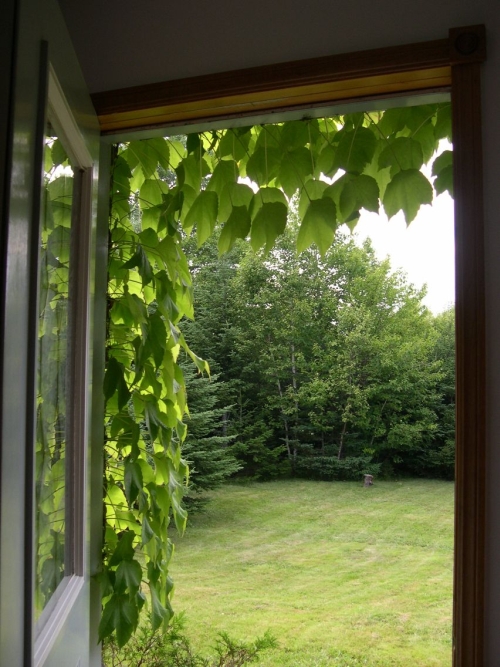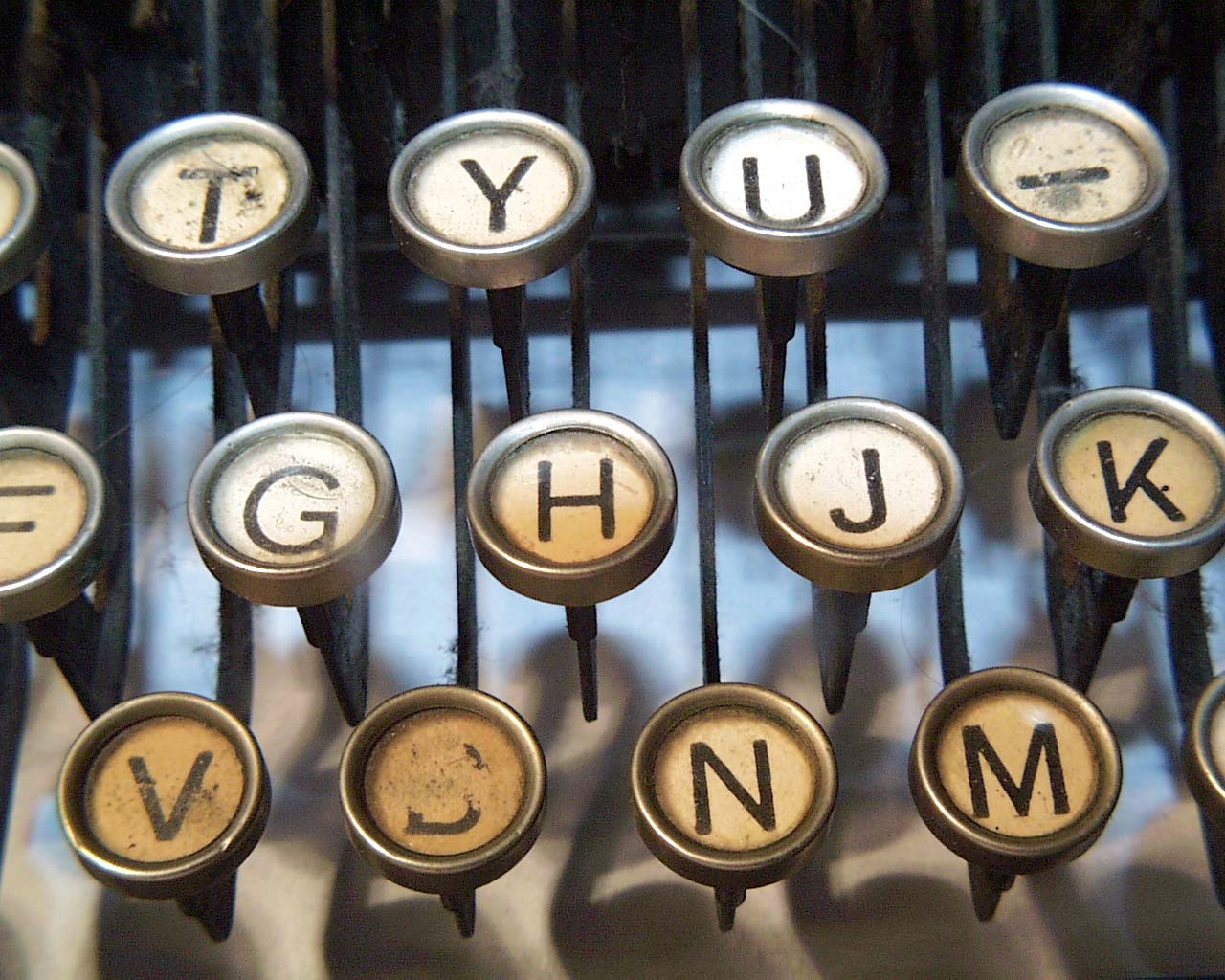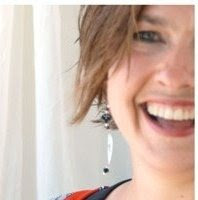The ethical heart of my practice: AWA
 As a student in the TLA program at Goddard College who was looking for a way to use writing as a healing tool, the AWA writing workshop method broke down the door for me. Here was a simple, deeply powerful and ethical-by-design method for writing in community about any topic you might wish to write about, but in particular any topic that is painful, complicated, or raw.
As a student in the TLA program at Goddard College who was looking for a way to use writing as a healing tool, the AWA writing workshop method broke down the door for me. Here was a simple, deeply powerful and ethical-by-design method for writing in community about any topic you might wish to write about, but in particular any topic that is painful, complicated, or raw. The AWA method we learned in the trainings that Pat Schneider led at her farmhouse in 2001 and 2002 (the latter, an Amherst Writers and Artists (AWAI) training, was co-facilitated by members of the original Chicopee Writers), revolutionized my thinking and brought me a powerful sense of peace.
 At the time, Goddard (where I was pursuing my MA) was undergoing an accreditation review and was at risk of closing – after my first AWA training, I was no longer afraid of what might happen if Goddard closed (which it didn't): I’d found the structure for my life’s work. Here was a resolutely non-hierarchical and safe container in which all people, regardless of their relationship to the word “writer,” could explore in words their own complicated and beautiful stories.
At the time, Goddard (where I was pursuing my MA) was undergoing an accreditation review and was at risk of closing – after my first AWA training, I was no longer afraid of what might happen if Goddard closed (which it didn't): I’d found the structure for my life’s work. Here was a resolutely non-hierarchical and safe container in which all people, regardless of their relationship to the word “writer,” could explore in words their own complicated and beautiful stories. Because I was doing “healing” work outside of the therapeutic model (not therapy, not even poetry therapy)
 , and also doing “writing education” outside of the traditional academic model, I found it challenging to describe to others exactly what I was doing with the Writing Ourselves Whole workshops. This proved to be relatively isolating, and I often felt like I was working in a vacuum, sometimes questioning whether I was working “appropriately” or effectively as a facilitator.
, and also doing “writing education” outside of the traditional academic model, I found it challenging to describe to others exactly what I was doing with the Writing Ourselves Whole workshops. This proved to be relatively isolating, and I often felt like I was working in a vacuum, sometimes questioning whether I was working “appropriately” or effectively as a facilitator. After doing the workshops in relative isolation for a couple of years in San Francisco, I connected with Chris DeLorenzo, an AWA affiliate, about joining his Laguna Writers workshops. Chris took a risk, having another AWA facilitator in his workshop, and I am forever grateful! I began to find my way into the AWA community I’d been searching for, and I got to experience the risk and freedom and vulnerability possible in the role of participant!
 Through Chris, I began to connect with other AWA facilitators and lovers of the method, including some especially long-term participant writers, and this informal community has made all the difference for me as I move forward in building my workshops and continuing in the role of facilitator. When I have questions or concerns, struggles as a facilitator or just need some love and support, I know I can turn to these folks and they will get it about AWA, what the method is and isn’t supposed to do, and all that can happen within the method’s clear and expansive boundaries.
Through Chris, I began to connect with other AWA facilitators and lovers of the method, including some especially long-term participant writers, and this informal community has made all the difference for me as I move forward in building my workshops and continuing in the role of facilitator. When I have questions or concerns, struggles as a facilitator or just need some love and support, I know I can turn to these folks and they will get it about AWA, what the method is and isn’t supposed to do, and all that can happen within the method’s clear and expansive boundaries. I always knew that Pat was there if I had questions, although I was stubborn (like as little kid!) and stayed out of touch for several years, stumbling in the dark, an unnecessary hardship when there were so many hands around to help me get started in the work, answer questions, give feedback and guidance. Having a community – one that’s now expanded to a group of 50-some North American AWA facilitators – has been so useful for me, a reminder that I am a part of something larger, that I do not have to be in competition with these my sibling workshop leaders, that I have folks from whom I can learn and with whom to share what I’ve learned.
 This method is the ethical core of my writing practice and work. Being connected with other facilitators, this now world-wide community of AWA-ers, means that we can nurture one another *and* hold one another accountable to the 5 agreements and 5 core beliefs.
This method is the ethical core of my writing practice and work. Being connected with other facilitators, this now world-wide community of AWA-ers, means that we can nurture one another *and* hold one another accountable to the 5 agreements and 5 core beliefs. It can sound a little cult-y, and yet I have never been a part of a structure or a community that feels as though it has each of our own individual best interests at its heart, alongside the best interests of each writer with whom we work and our larger communities also at heart.
 AWA workshops are about a sort of kindness and faith and respect that gets devastatingly short shrift in especially our western world these days. So yes, I believe in AWA as my own spiritual path (I mean it!) and I an so thankful to finally have realized that I am not alone.
AWA workshops are about a sort of kindness and faith and respect that gets devastatingly short shrift in especially our western world these days. So yes, I believe in AWA as my own spiritual path (I mean it!) and I an so thankful to finally have realized that I am not alone.As someone who is expressly not doing therapy and yet working with survivors of sexual trauma and working with issues of sexuality, I use AWA as my ethical framework, the space in which we tell our true stories, fiction or not or a commingling of these, while also developing our writer’s craft (sometimes without even realizing it). In the workshops I’m lucky enough to facilitate within this framework, each writer is allowed to hold the tender morsels of one another’s deepest pain and secret joys, our silliest moments and/or most hidden desire--these brand new creations--with the kindest regard.
(If you're in the SF Bay Area and are interested in learning more about AWA or want to participate in a facilitator training, there's one coming up in just a couple weeks in Alamo, CA: http://www.amherstwriters.com/CertTrai.html)
Labels: AWA, expressive arts, pat schneider, transformative writing, writing workshops
 Transformative writing is writing that changes you in the process of its creation. A dictionary gives one definition of transform as “to change completely for the better.” Another definition: “to convert one form of energy to another.”
Transformative writing is writing that changes you in the process of its creation. A dictionary gives one definition of transform as “to change completely for the better.” Another definition: “to convert one form of energy to another.”
 I’m talking about the fact that the process of writing itself can be an erotic experience, if we can engage a definition of “erotic” that’s closer to Audre Lorde’s (“I speak of the erotic as the deepest life force, a force which moves us toward living in a fundamental way. And when I say living I mean it as that force which moves us toward what will accomplish real positive change.”
I’m talking about the fact that the process of writing itself can be an erotic experience, if we can engage a definition of “erotic” that’s closer to Audre Lorde’s (“I speak of the erotic as the deepest life force, a force which moves us toward living in a fundamental way. And when I say living I mean it as that force which moves us toward what will accomplish real positive change.”  The first question on the list:
The first question on the list: While we're creating narrative and art out of what we think of as the boring (or worse) stuff of our lives, in a community of like-minded others who celebrate our art, our internal selves are rearranged, sometimes without our even realizing it.
While we're creating narrative and art out of what we think of as the boring (or worse) stuff of our lives, in a community of like-minded others who celebrate our art, our internal selves are rearranged, sometimes without our even realizing it.


